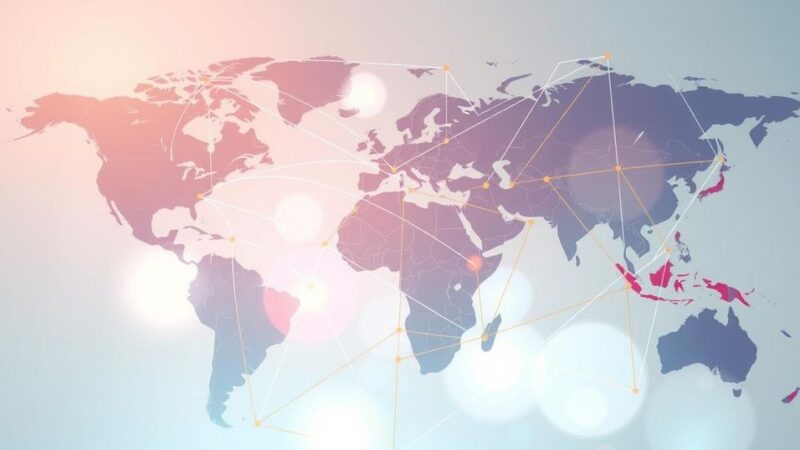Israel has escalated military actions against Iranian targets following a missile attack by Iran, marking a new chapter in the ongoing and volatile conflict between the two nations. As hostilities continue, concerns over regional stability and the potential for broader conflict grow.
The ongoing conflict between Israel and Iran has escalated markedly, characterized by a troubling cycle of retaliation that appears increasingly intractable. In the early hours of Saturday, Israel conducted a series of airstrikes targeting military installations in Iran. This action was a direct response to Iran’s missile attack on Israel, which occurred on October 1. Such military exchanges underline the persistent tensions in the region and raise concerns about further escalation. Analysts suggest that both nations are entrenched in a strategic struggle, which could have broader implications for regional stability and international relations. The situation is precarious, as each retaliatory strike can lead to a significant increase in hostilities, potentially dragging in other powers and destabilizing the Middle East further.
The backdrop to these recent developments is a long-standing animosity between Israel and Iran, rooted in ideological, territorial, and political disputes. Israel views Iran as a primary threat, particularly due to Iran’s nuclear ambitions and its support for militant groups antagonistic to Israel. Conversely, Iran perceives Israel’s military actions and alliances with Western powers as a direct threat to its sovereignty and regional aspirations. The cycle of violence has intensified over recent months, with both sides engaging in aggressive military posturing and retaliatory actions that threaten to destabilize the entire region.
The deadly exchanges between Israel and Iran underscore a profound and escalating conflict that has significant ramifications for the Middle East and beyond. Each military action elicited by provocations leads to heightened tensions, making the prospect of peace increasingly elusive. It is imperative for the international community to closely monitor these developments and seek diplomatic avenues to de-escalate the situation to prevent a wider conflict.
Original Source: www.washingtonpost.com






